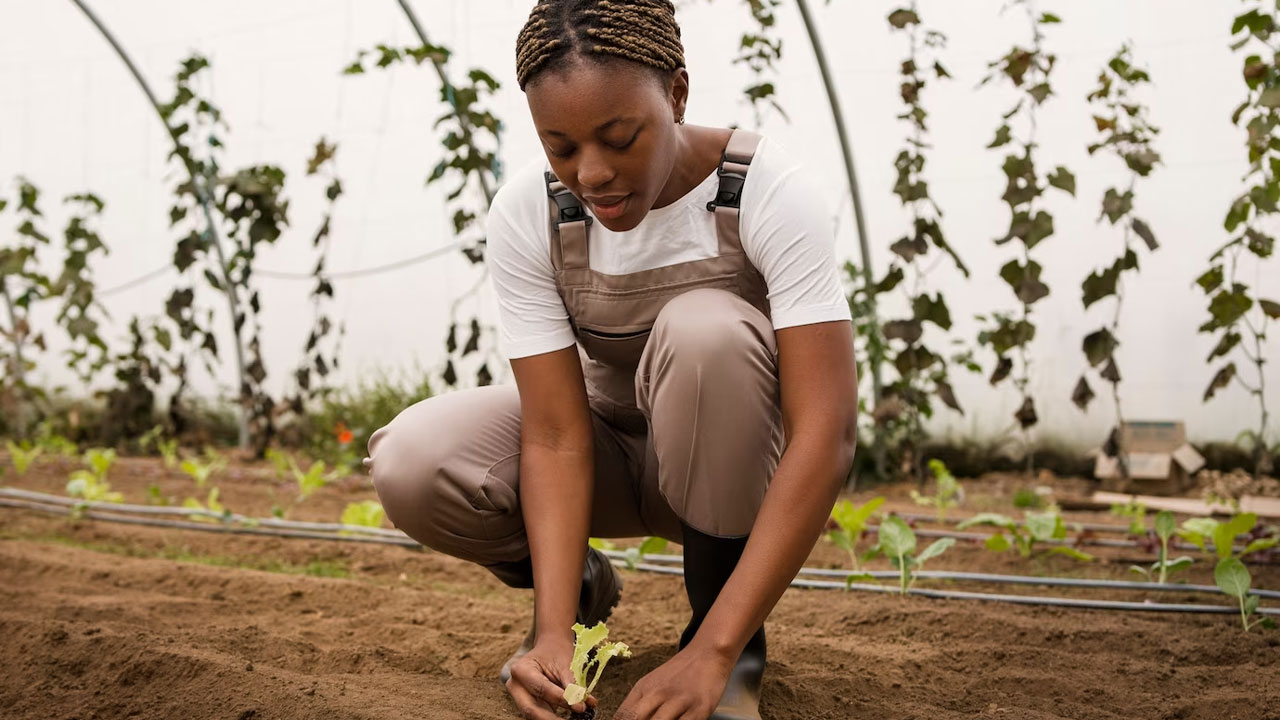
Agriculture is a vital industry for many African countries, providing food and income for millions of people. However, traditional farming practices often result in low yields and poor soil health, making it difficult for farmers to grow enough food to support their families and communities. In recent years, modern farming practices have been introduced in many African countries, and these practices are revolutionizing the way farmers approach agriculture.
One of the key modern farming practices that are transforming agriculture in Africa is the use of technology. From drones and GPS mapping to weather monitoring tools and mobile apps, technology is making it easier for farmers to manage their crops and improve their yields. For example, drones can be used to map fields and identify areas that need attention, such as where fertilizer or irrigation is needed. Mobile apps can provide farmers with real-time information on weather patterns and market prices, helping them to make informed decisions about when to plant and harvest their crops.
Another modern farming practice that is changing agriculture in Africa is sustainable farming methods. Traditional farming practices often involve slash-and-burn techniques and the overuse of chemical fertilizers and pesticides, which can damage soil health and lead to low yields over time. Sustainable farming methods, such as crop rotation, intercropping, and the use of natural fertilizers, can improve soil health and increase yields, while also reducing the environmental impact of farming.
Precision farming is another modern farming practice that is revolutionizing agriculture in Africa. Precision farming involves using data and technology to manage crops on a more precise level, such as by planting seeds at specific depths and spacing or applying fertilizer and irrigation only where it is needed. This can help farmers to maximize their yields while also reducing their use of resources, such as water and fertilizer.
In addition to these modern farming practices, there are also many innovative farming techniques being used in Africa to improve yields and support sustainable agriculture. For example, some farmers are using agroforestry, which involves planting trees and shrubs alongside crops to improve soil health and provide shade and protection from wind and erosion. Others are using aquaponics, which combines aquaculture (fish farming) with hydroponics (growing plants in water) to produce both fish and vegetables in a closed-loop system.
Overall, modern farming practices are changing agriculture in Africa, providing new opportunities for farmers to increase their yields, improve soil health, and support sustainable agriculture. While there are still challenges to overcome, such as access to technology and training, these practices are helping to pave the way for a more productive and sustainable future for African farmers.


















